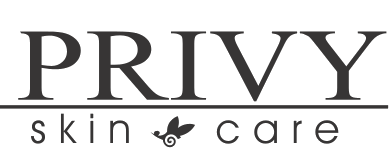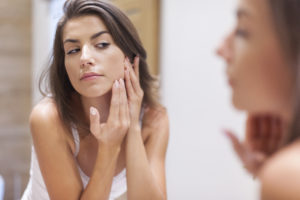Hormonal Fluctuations and Genetics
Cystic acne, a severe form characterized by deep, painful cysts beneath the skin’s surface, often stems from hormonal fluctuations, genetics, and lifestyle factors. Hormonal changes during puberty, menstrual cycles, or conditions like polycystic ovary syndrome (PCOS) can trigger cystic acne. Genetics also significantly influence acne susceptibility within families.
Lifestyle Factors: Diet and Stress
High-glycemic foods and dairy products can exacerbate cystic acne, while stress contributes to hormonal imbalances and worsens acne flare-ups.
Benefits of Seeing an Esthetician for Treatment
Consulting with an esthetician is crucial for effective treatment because we assess your skin condition, provide personalized advice, identify triggers, and recommend suitable treatments.
Targeted Treatments: Professional Solutions
Estheticians offer treatments such as extractions, chemical peels, and laser therapy specifically tailored to effectively treat deep-seated cystic acne. We also recommend skincare products formulated for acne-prone skin to optimize treatment outcomes.
Sticking to a Long-Term Plan
Achieving clear skin requires a long-term commitment to treatment. Consistency is key as results may not be immediate; skin takes time to respond. Regular visits allow us to monitor progress and adjust the treatment plan proactively for continuous improvement.
Final Thoughts
Managing cystic acne can be challenging, but with the guidance of a skilled esthetician and a commitment to a long-term treatment plan, achieving clear and healthy skin is achievable. Take proactive steps towards managing your acne and embrace the journey to healthier skin.
www.privyskincare.com
702.496.2066




